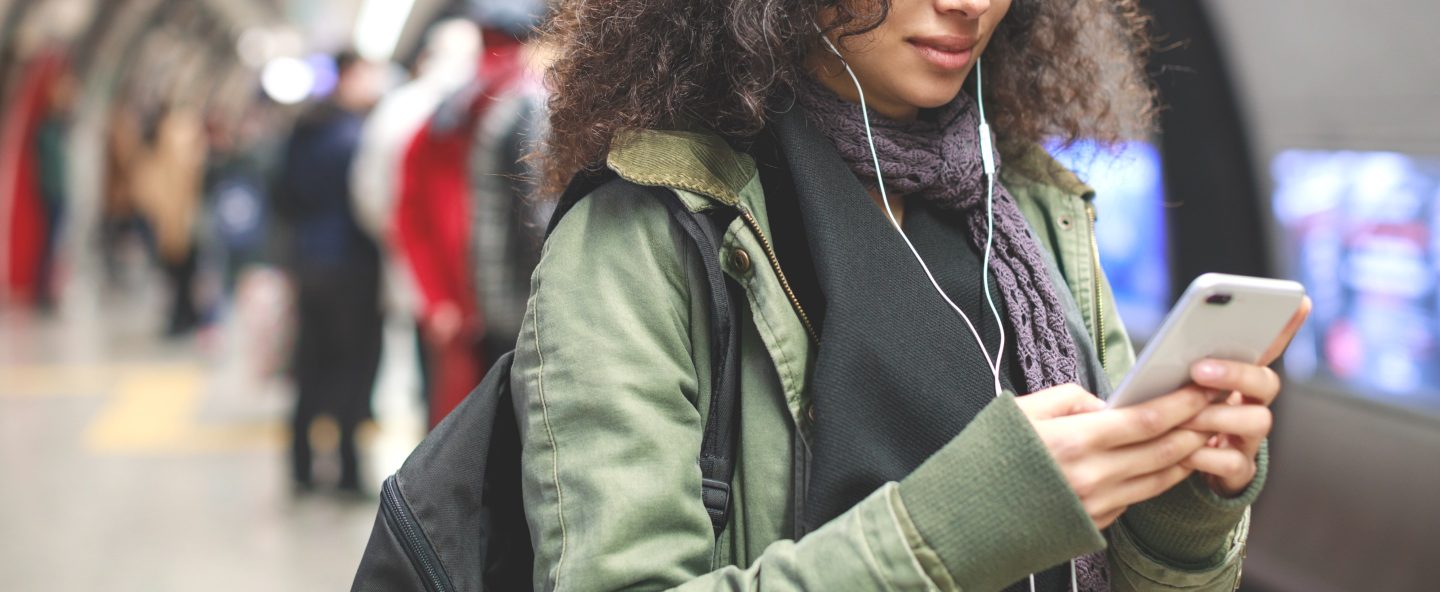Authors
Purpose
Methods
Findings
• Almost half (n=25; 44%) of referrals declined to participate due to a perceived lack of need for additional monitoring or coaching.
• Twenty-seven recruited participants enrolled (100% White, average age=31.9 years, 63% female).
• MySafeRx participants reported an average usability score of 78.4 (i.e., adequate usability is at least a score of 68) and found the electronic pill dispenser (Mean = 4.1 out of 5) and videoconferencing with recovery coaches “easy to use” (Mean = 4.2 out of 5).
• Participants indicated they would recommend MySafeRx to a friend (Mean= 4.1 out of 5).
• Recovery coaching had the highest acceptability of all components (Mean= 4.4 out of 5).
• MySafeRx coaches reported supervising participants’ self-administration of B/N on 64.3% of study days, which was less than the anticipated 71% (i.e., 5 of 7 days per week).
Relevance
• Although the sample size was small, those who participated in this pilot found MySafeRx to be acceptable with favorable usability.
• These findings provide insight into the need for and promise of mobile recovery coaching, particularly during periods of instability in standard B/N care.
• MySafeRx could be a useful tool for future telemedicine OUD implementation projects.
Read More
Janzow GE, Harding C, Flores M, et al. Assessing the feasibility, usability and acceptability of the MySafeRx platform among individuals in outpatient buprenorphine treatment: Lessons learned from a pilot randomized controlled trial. Drug Alcohol Depend Rep. 2022 Mar 17;3:100045. doi: 10.1016/j.dadr.2022.100045
